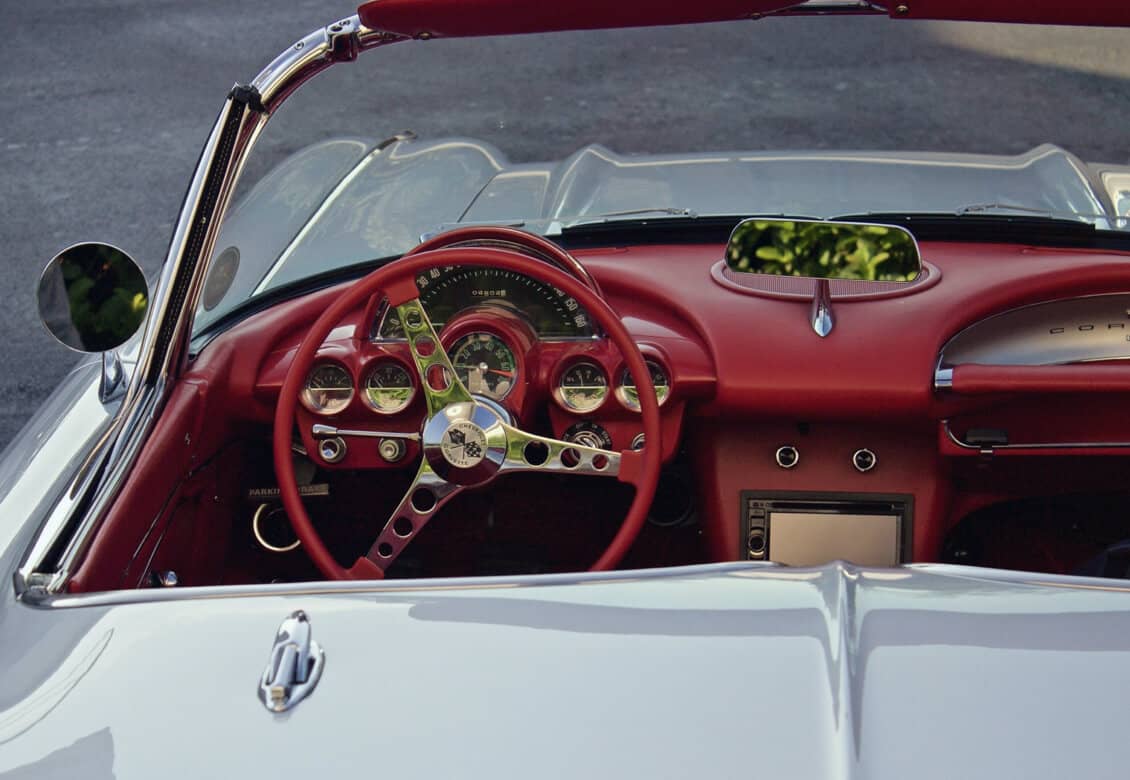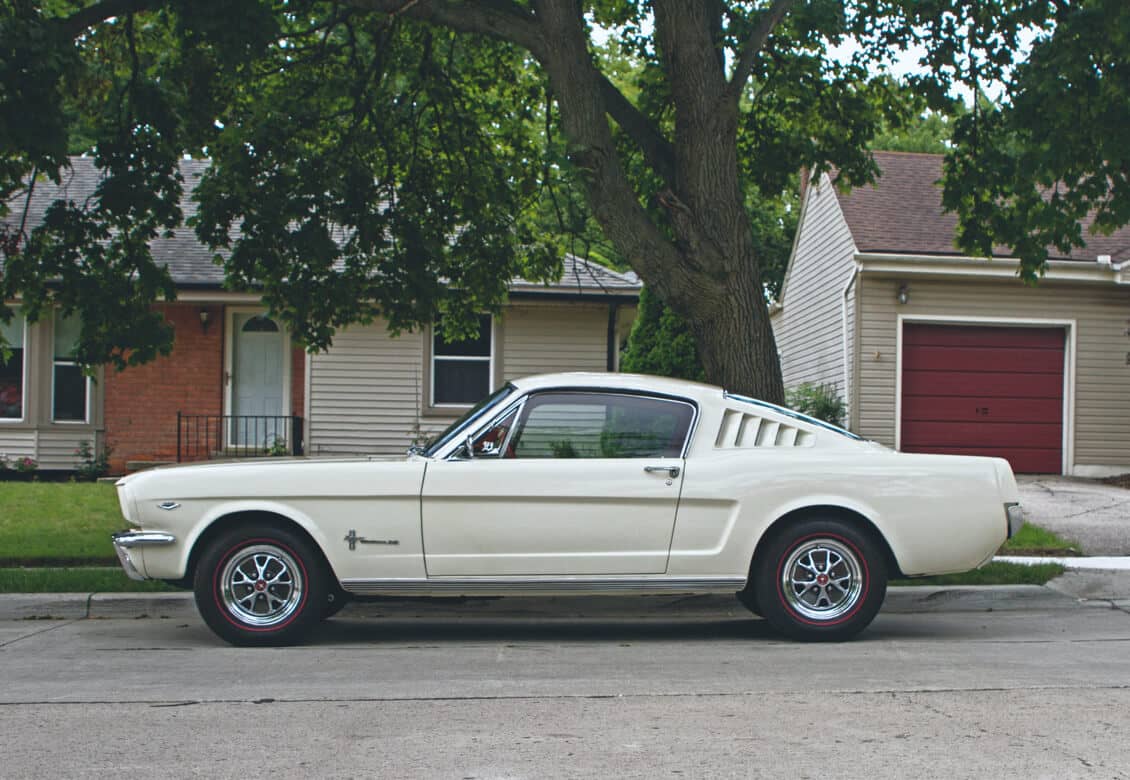Classic car shipping
Nobody outshines Montway’s top-rated classic car transport services
Read what other classic car lovers say about their experience with Montway
Don’t gamble with shipping a classic
Long-distance buying is the modern way to get the classic car of your dreams, but once you’ve scored that amazing vehicle, you’ll need transportation.
While there are many auto shipping options, it makes sense to choose a company with a strong track record of safe and smooth classic car transport. Once you’ve decided to invest in that hard-to-find vintage vehicle your next step should be doing some research.
At Montway Auto Transport, we have a large carrier network covering the entire U.S., and pride ourselves on our quality track record. We know how much one special car – or a fleet of special cars – can mean to our customers, which is why we take a personalized approach that includes in-house customer service, around-the-clock monitoring, and insurance coverage.
Your choice matters
The cost to ship a car should only be one factor in your decision. As you research your options, you will quickly discover there are many auto transport companies vying for your business, but not quite so many that specialize in classic car transport. And among these, you will encounter plenty of companies that are so focused on shipping as many cars as possible that they forget about the needs of the customer. A classic car is an investment, but more importantly it is your investment. We believe that owners deserve the same quality of top-notch care as their cars. Our representatives will support you through every step of the shipping process so you can rest assured that the special vehicle in your life arrives at its destination safely and on time.
Why you might choose classic car transport:

Why use Montway for classic car transport:


Classic car enthusiasts’ best choice of service
Why choose Montway for your classic car transport
With an established network of over 30000 carriers across the country, Montway has earned its reputation as one of the nation’s top-rated auto transport companies. Providing exceptional customer experiences is a pillar of our success. We partner with only the most skilled and professional truckers so you can enjoy a simple and efficient classic car shipping experience.
1019000+
Satisfied customers
We want all of our customers to be happy with their car transport. We provide a personalized approach to every order to ensure stress-free shipping each time.
16+ years
In business
Car shipping is all we do. We started over a decade ago and continue to implement the newest market innovations, to keep our customers happy.
1128000+
Cars delivered nationwide
With over a million vehicles delivered successfully, we’re prepared to handle every possible scenario.
30,000+
Trucker network
All of our truckers are chosen because of their dedication and high quality service standards.
Frequently asked questions
How much does it cost to transport a classic car?
Transporting a classic car gets the same quality service and fair market price as every other car. But, if you want to ship your car in an enclosed car transporter (as most people with classic cars do), you will have to pay a little bit extra for that.
Should I ship my classic car using enclosed auto transport?
That depends. As a guide, here are some questions you can ask yourself to determine if you need enclosed auto transport. If you answered “yes” to any of them, then you might want to consider enclosed auto transport over open auto transport.
- Do you consider your car an investment?
- Are you concerned about snow or cold weather?
- Are you concerned about road hazards or debris your car might be exposed to during transport?
- Is your car a classic or have a unique modification?
- Do you want extra protection against theft?
If I don’t choose enclosed transport, can you guarantee top load with an open carrier?
Yes, we can. This option is a good way to provide extra protection to your vehicle.
Does Montway Auto Transport have insurance?
While your shipment is transported on land: an Inland Marine Cargo Insurance policy of up to $100,000 is provided by the motor carrier that transports your vehicle, subject to some exclusions and limitations.
While your shipment is transported overseas: all ocean shipments are subject to the terms and conditions of the oceanic transporter. The oceanic transporter assumes limited liability for damages so it’s imperative that you review their Terms & Conditions and arrange for additional insurance prior to shipping if deemed necessary.
In addition, Montway includes “Contingent Cargo Insurance” which protects you for up to $250,000 should the motor carrier and/or their insurance provider fail to fully cover a valid claim.
Ready to get a Montway quote for shipping your classic car?
Use the calculator below or call us at (888) 666-8929.




